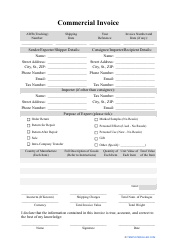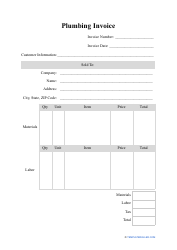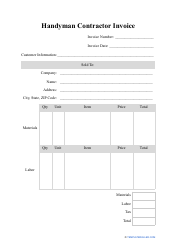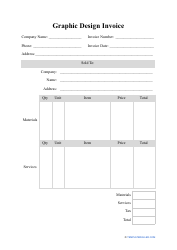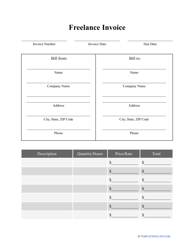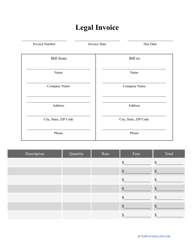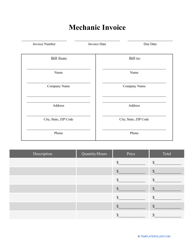How Does Invoice Factoring Work?

Both small businesses and large corporations often struggle to deal with outstanding invoices. Given that most invoices allow the customer to send the payment weeks or sometimes even months after they receive the goods or services listed in writing, the company that shipped the items or provided the services may find it hard to handle its financial commitments. This is why Invoice Factoring will help - it unlocks the monetary amount of the invoices prepared by the business before payments are collected directly from the customers. You can find an independent factoring company or a bank factor that will accelerate your cash flow and stabilize the revenue.
What Is Invoice Factoring and How Is It Used?
Invoice Factoring refers to the process designed for businesses that choose to sell their unpaid invoices to a financing partner for cash. Consider using Invoice Factoring for the following reasons:
- Predict the cash flow - you will not have to wait for payments to come in nor you will have the need to constantly reach out to your client base reminding them to pay you back, wasting not only money but also work hours of your employees.
- Keep the business afloat - many companies are forced to cease their operations due to poor financial standing, and the business Invoice Factoring may be the answer for the organization that has to survive since it is a reliable and fast source of funding.
- Save the money you have planned to spend on a loan - you may think an immediate fiscal stimulus would work better for your business but instead you are just getting into debt while Invoice Factoring lets the company remain free of burdening obligations to make regular payments to a bank.
How Does Invoice Factoring Work?
Learn more about Invoice Factoring, the parties involved and the actions you need to take to safeguard your business:
- The transaction requires the participation of three parties - the seller, the customer, and the factoring company.
- The seller in question renders a service or ships an item after which they send an invoice to the client requesting payment.
- Instead of waiting for the due date of the payment to come, the vendor or supplier reaches out to a factoring company for funding . Note that, unlike loans, factoring does not require any collaterals - assets you are willing to offer to safeguard the other party's interests if no payments are made eventually.
- The factoring company provides the seller with the percentage of the invoice price - depending on the arrangement made by the parties, the party that issued the invoice may receive between 80 and 90% of the invoice amount right away.
- The factoring company then obtains the payment from the customer whether the latter is willing to pay without delay or fails to make a payment on time which leads to late payment fees and additional charges.
- Once the payment is secured, the factoring company releases the rest of the invoice amount to the seller keeping a factoring fee the parties have negotiated.
What Is the Cost of Invoice Factoring?
Companies that provide Invoice Factoring services usually offer their clients to use an Invoice Factoring calculator - this way, the customer knows the percentage of the invoice amount they will receive, fixed or custom Invoice Factoring rates the parties will agree upon when signing the contract, and the Invoice Factoring costs. Traditionally, fees depend on the number of invoices the client is able to commit, the reliability of every individual customer, and the due date of the invoice. The factoring company will also analyze the trade you are in and the longevity of your entity - for example, it is possible the costs will be higher if you have a start-up company or work in construction. Most agreements signed by the organization that opts for Invoice Factoring and the third party willing to offer alternative financing include the rate between 1,5 and 5% for every processed invoice. Learn as much as you can about the factoring company doing your own research and compare several proposals you receive to find the most manageable and reasonable offer.
Related Topics:
